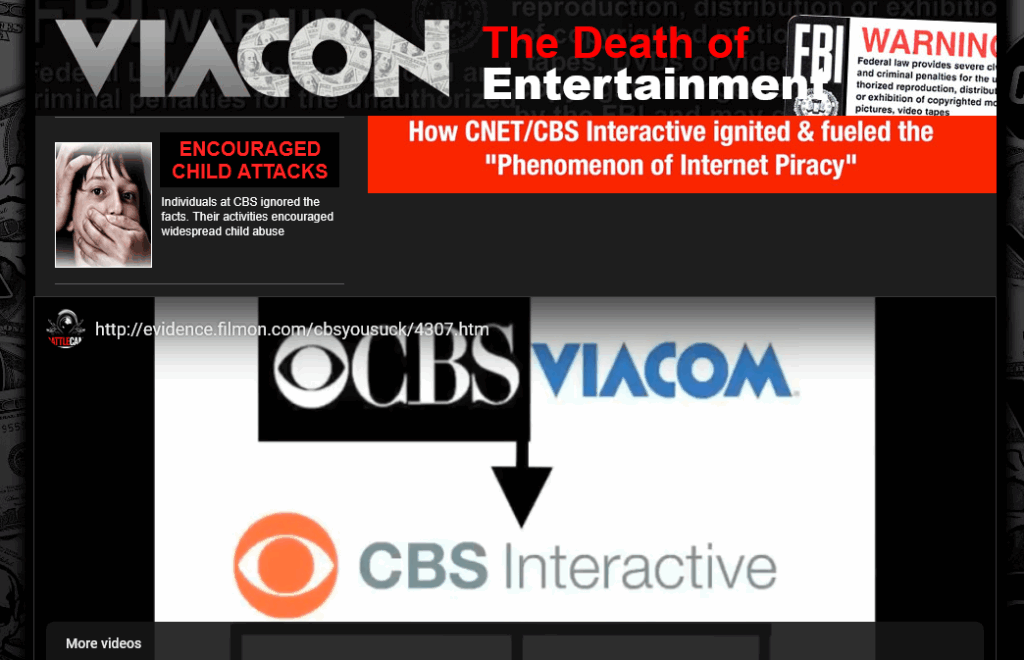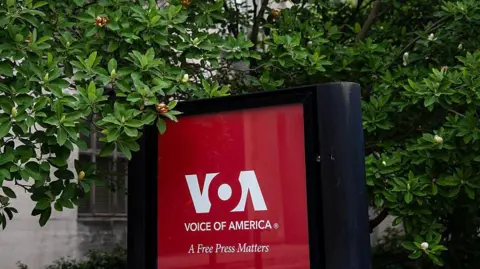The Federal Trade Commission (FTC) has initiated legal proceedings against Uber, claiming that the ride-hailing and delivery giant has participated in deceptive billing and cancellation practices related to its subscription service, Uber One. The consumer protection agency asserts that Uber charged users for the subscription without obtaining their valid consent and made the cancellation process unnecessarily complicated.
FTC Chairman Andrew Ferguson, appointed during the Trump administration, emphasized the agency's commitment to advocating for consumers. He stated, "The Trump-Vance FTC is fighting back on behalf of the American people" in his announcement regarding the lawsuit. In response, an Uber spokesperson expressed disappointment over the FTC's decision to pursue legal action, categorizing the allegations as unfounded.
Uber One, which was launched in 2021, offers subscribers benefits such as no-fee delivery and discounts on rides and orders for a monthly fee of $9.99 or an annual fee of $96. The FTC's complaint highlights that consumers have faced significant hurdles when attempting to terminate their subscriptions, reportedly having to navigate through up to 23 screens and execute 32 different actions to do so.
However, Uber countered these claims by asserting that, as of now, cancelling the service can be accomplished easily within the app in just around 20 seconds. Ryan Thornton, an Uber spokesperson, pointed out that the previous requirement to contact support within 48 hours to cancel has been eliminated, allowing customers greater flexibility.
The FTC further alleges that numerous consumers reported being enrolled in Uber One without proper consent. Among these claims is a case where an individual stated they were charged despite not holding an Uber account. Uber has refuted these claims, arguing that it does not enroll or bill consumers without their explicit permission.
This lawsuit marks a notable moment, as it is the first significant legal action against a major U.S. tech corporation from the FTC since President Donald Trump began his second term in office in January. The agency is concurrently engaged in another substantial case, a second week of trial against Meta, previously Facebook, related to its alleged monopolistic practices following acquisitions of Instagram and WhatsApp in 2012 and 2014 respectively. Meta has critiqued this legal move as misguided, citing the FTC's prior approval of the acquisitions.




















